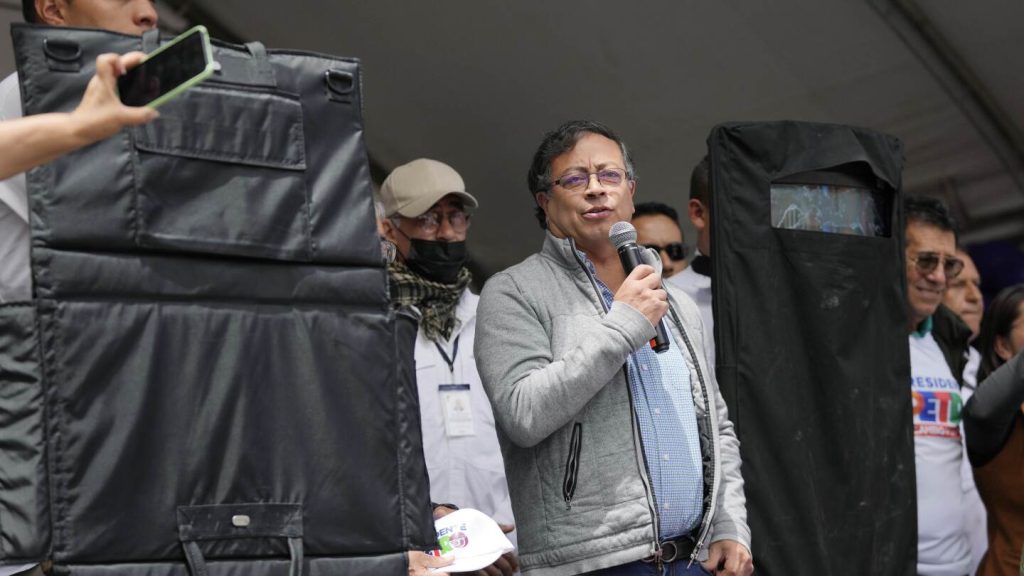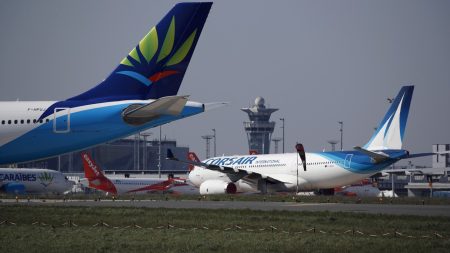The National Electoral Council in Colombia has decided to investigate allegations of financial misconduct against President Gustavo Petro’s 2022 campaign. The investigation will focus on whether the campaign exceeded financing limits and accepted funds from prohibited sources. The outcome could result in fines for campaign staffers but cannot lead to an immediate impeachment of the president. The decision to investigate has sparked controversy, with Petro calling it a “coup d’état” and his attorney filing appeals to challenge the council’s authority.
The council’s decision was based on a report from two of its magistrates, alleging that Petro’s campaign exceeded financial limits by $1.2 million and received funds from prohibited sources. The investigation has raised questions about the council’s powers and presidential immunity in Colombia. While only Congress can impeach the president, the Council of State ruled that the president can be investigated by other government bodies for financial misconduct. Petro’s attorney has indicated that they will challenge the council’s decision in higher courts and international bodies if necessary.
The possibility of an investigation against President Petro has sparked a political and legal debate in Colombia. The president has denied the accusations of financial misconduct, calling them a move by his adversaries to remove him from office. The involvement of the National Electoral Council in investigating presidential campaigns is rare in Colombia, where impeachment trials in Congress have not resulted in the removal of a president in the last 30 years.
President Petro’s response to the council’s decision has been critical, characterizing it as the beginning of a “coup d’état” against him. The investigation is expected to focus on 12 financial transactions that were allegedly not reported by the campaign, as well as funds received from labor organizations, which are considered prohibited sources of financing. The legal battle over the council’s authority to investigate the president’s campaign is likely to continue in higher courts, with Petro’s attorney prepared to challenge the decision.
The involvement of Petro’s own party members in the National Electoral Council, as well as the political motivations behind the investigation, have added complexity to the situation. The council’s decision to proceed with the investigation has raised concerns about potential bias and the implications for political stability in Colombia. As the legal battle unfolds, the outcome of the investigation and any potential penalties against the campaign staffers remains uncertain, but the controversy surrounding the case is likely to continue in the coming months.















